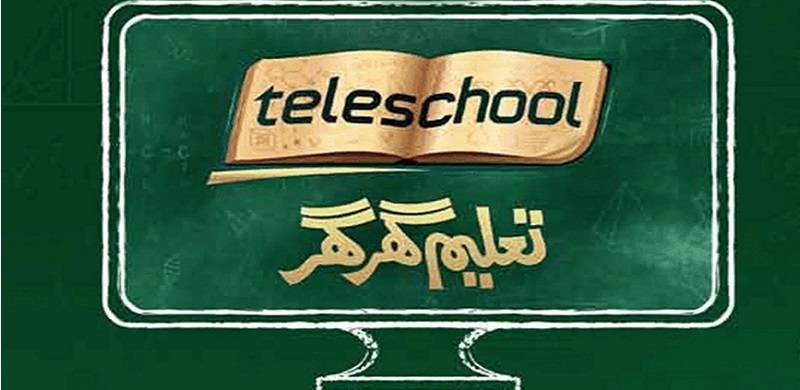
People living in urban regions are more likely to be content with the Tele-School initiative of the government while the network access problem has put thousands of parents/students of far-flung areas into trouble, Naya Daur Media has learnt.
Senator Usman Kakar says that the concept of Tele-Schooling could not be effective for the students belonging to far-flung regions of the country as there is poor availability of internet there. He emphasizes the need for an immediate and workable resolution of the networking issue so that maximum number of students can benefit.
Senator Jehanzeb Jamaluddin feels that this is a good time to benefit from information technology. He, however, also points out that the students in Balochistan are facing networking issues in their respective areas and ensuring their access to Tele-Schooling is important to bring students of these regions at par with students of the developed regions.
Senator Shaheen Khalid Butt points out that the concept of online classes is common in America and other European states, and thinks the government ought to take advantage of this already introduced system.
“Tele-schooling is a good initiative of the government but by no means a perfect substitute for regular schools, particularly in Pakistan, where smooth access to internet is not available,” says Nadia Hafeez, a resident of Mansehra. She says that it remains a good initiative for those areas where access to the internet is smooth.
In urban areas, there is more appreciation for this initiative aimed at providing continued access to education for the duration of the Covid-19 pandemic. Ayesha Nayyar, a resident of Islamabad, says “It's superb, with amazing teaching techniques and syllabus content!” She tells Naya Daur Media that her children are young but still take an interest in watching Tele-School channels.
According to the Gallup Pakistan Coronavirus Attitude Tracker Survey 2020, television is the main source of information on Tele-school transmission for 67 percent of Pakistanis, followed by 36 percent who mentioned social media.
The survey adds around 32 million parents appreciate the Tele-School Initiative by the Ministry of Education and PTV, followed by 36 percent who mentioned social media.
Nearly two in five Pakistanis [42 percent] claim to know about the Tele-School initiative and nearly one in three Pakistanis (31%) claim that they or their children have seen a Tele-School transmission.
The highest proportion of respondents from Punjab (42%) claim to have seen a transmission.
Senator Usman Kakar says that the concept of Tele-Schooling could not be effective for the students belonging to far-flung regions of the country as there is poor availability of internet there. He emphasizes the need for an immediate and workable resolution of the networking issue so that maximum number of students can benefit.
Senator Jehanzeb Jamaluddin feels that this is a good time to benefit from information technology. He, however, also points out that the students in Balochistan are facing networking issues in their respective areas and ensuring their access to Tele-Schooling is important to bring students of these regions at par with students of the developed regions.
Senator Shaheen Khalid Butt points out that the concept of online classes is common in America and other European states, and thinks the government ought to take advantage of this already introduced system.
“Tele-schooling is a good initiative of the government but by no means a perfect substitute for regular schools, particularly in Pakistan, where smooth access to internet is not available,” says Nadia Hafeez, a resident of Mansehra. She says that it remains a good initiative for those areas where access to the internet is smooth.
In urban areas, there is more appreciation for this initiative aimed at providing continued access to education for the duration of the Covid-19 pandemic. Ayesha Nayyar, a resident of Islamabad, says “It's superb, with amazing teaching techniques and syllabus content!” She tells Naya Daur Media that her children are young but still take an interest in watching Tele-School channels.
According to the Gallup Pakistan Coronavirus Attitude Tracker Survey 2020, television is the main source of information on Tele-school transmission for 67 percent of Pakistanis, followed by 36 percent who mentioned social media.
The survey adds around 32 million parents appreciate the Tele-School Initiative by the Ministry of Education and PTV, followed by 36 percent who mentioned social media.
Nearly two in five Pakistanis [42 percent] claim to know about the Tele-School initiative and nearly one in three Pakistanis (31%) claim that they or their children have seen a Tele-School transmission.
The highest proportion of respondents from Punjab (42%) claim to have seen a transmission.
